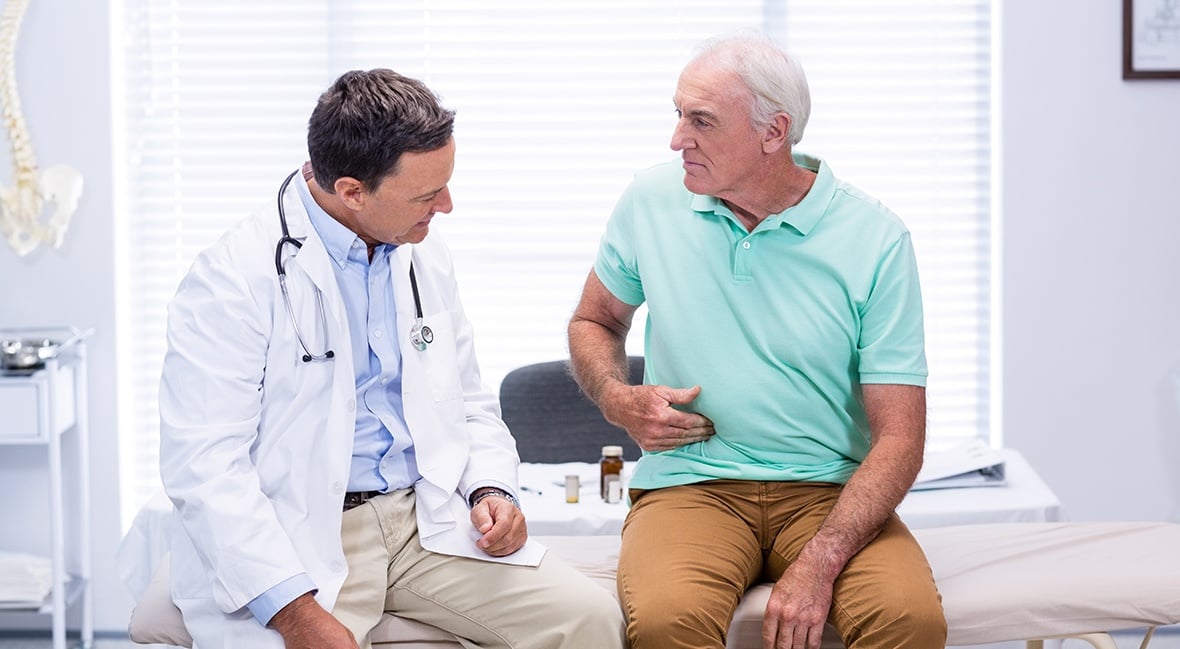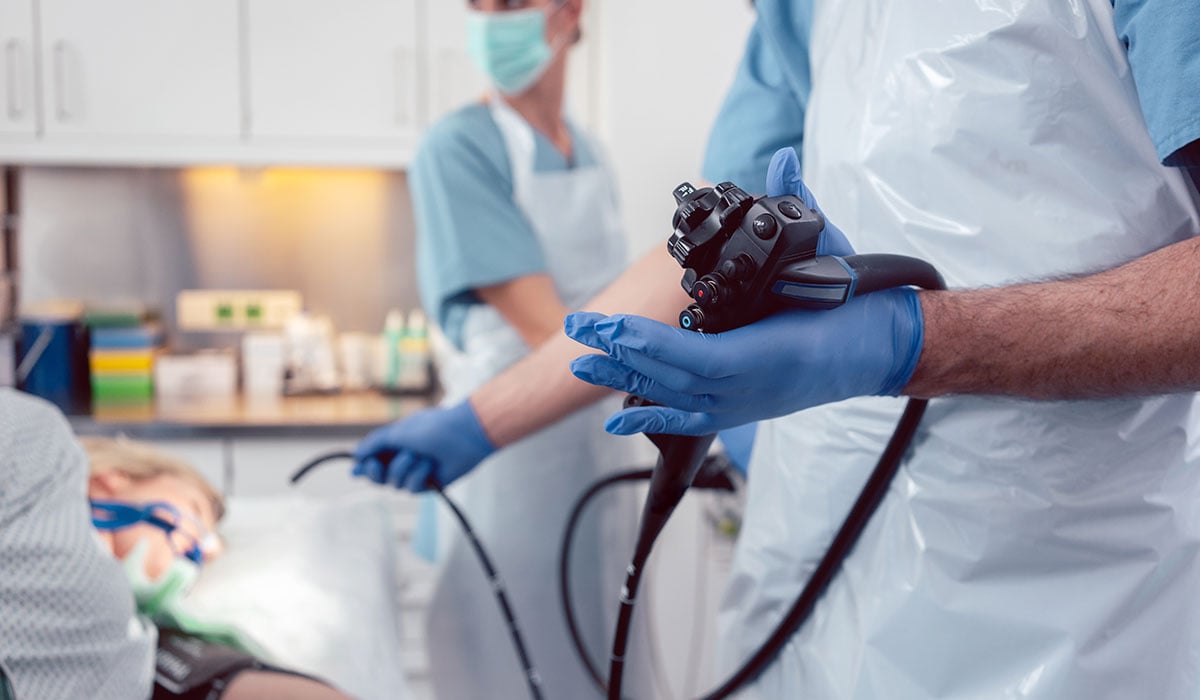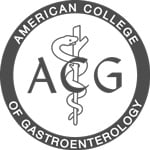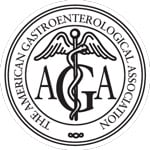If you’ve been experiencing any number of digestive issues—from trouble swallowing to unexplained stomach pains or rectal bleeding—your doctor may recommend you visit a gastroenterologist.
These specialists excel at screening, diagnosing, and treating a wide range of digestive conditions and disorders, mainly focusing on the digestive tract, stomach, gallbladder, colon, liver, bile ducts, and pancreas.
Common Reasons Why a Doctor Might Recommend a Gastroenterologist
Gastroenterologists utilize specialized equipment and techniques to accurately screen for and treat digestive disorders and certain forms of cancer. If your symptoms are new or mild, you may want to first visit your regular physician for preliminary testing before determining whether or not you should be referred to a specialist.
Here are some common signs you should seek a gastroenterologist:
Abnormal Bowel Movements
A change in quality or regularity of bowel movements may warrant a visit to the gastroenterologist. Several abnormal bowel conditions include:
- Constipation: A condition in which you pass fewer than three bowel movements per week. This may be due to blockage, neurological issues, muscular or hormonal malfunction, diet, or other factors.
- Diarrhea: If runny stools persist for more than a few days, it could be caused by a virus, parasite/bacteria, lactose intolerance, reaction to medication(s), or indicative of other digestive disorders, such as Crohn's disease or ulcerative colitis.
- Excessive Gas: While not necessarily indicative of digestive problems, experiencing excessive gas in addition to other symptoms can be signs of lactose intolerance.
- Pale or Light-Colored Stool: Exhibiting light-colored stool for prolonged periods of time may indicate a number of conditions including gallbladder disease, liver or pancreatic issues, problems with bile ducts, and more.
Rectal Bleeding
Finding blood in stool could indicate bleeding in your digestive tract. This may be caused by an anal fissure (a small cut or tear in the tissue lining the anus), hemorrhoids, or another condition demanding medical attention, such as cancer.
Frequent Heartburn
Suffering from painful and frequent heartburn could suggest digestive issues including gastroesophageal reflux disease (GERD), Barrett's esophagus, or esophageal cancer.
Abdominal Pain & Bloating
Prolonged or persistent abdominal pain or bloating may be reasons to see a gastroenterologist, particularly if symptoms re-emerge after nearly every meal or are accompanied by nausea or painful bowel movements.
Note: Read "Pain Locator: Where Does It Hurt?" to learn more about abdominal pain and what it could mean for your health.
Peptic Ulcers
Characterized by burning stomach pain and indigestion, peptic ulcers are sores which can form on the lining of your stomach, small intestine, or esophagus. They are most commonly caused by bacterial infection (Helicobacter pylori), or prolonged use of nonsteroidal anti-inflammatory drugs (NSAIDs), and treatment can require medication or antibiotics.
Jaundice
This condition can cause the skin and whites of the eyes to become yellow due to an excessive buildup of bilirubin in the blood. It typically manifests as a result of issues of the blood or liver including gallstones, hemolytic anemia, inflamed bile ducts, or alcohol-induced liver damage.
Difficulty Swallowing
Dysphagia, or difficulty swallowing, forces you to take more time and effort to move food or liquid from your mouth to your stomach, and could result in chest pain, or an inability to swallow. This could be caused by acid reflux, achalasia, and even some cancers, as well as neurological disorders.
Unexplained Weight Loss
Experiencing a sudden, unexpected drop in body weight, such as losing 5 percent within six to 12 months—can indicate an underlying condition such as chronic pancreatitis, cirrhosis, Crohn’s disease, ulcerative colitis, or a peptic ulcer.
Age (45+ Years) for Regular Colorectal Cancer Screenings
The U.S. Preventive Services Task Force (USPSTF) recommends adults ages 45 to 75 receive a colonoscopy to screen for colorectal cancer, which often manifests as precancerous polyps, and can be easily detected and removed during a colonoscopy. Depending on your family’s medical history, a doctor may recommend earlier screenings.
Procedures Performed by Gastroenterologists
On one of your initial appointments, your doctor may suggest a screening procedure to diagnose and locate the source of the problem for treatment, including:
Colonoscopy
Colonoscopies are commonly used to screen for colorectal cancers, colon polyps, and other issues concerning the large intestines. They involve inserting a colonoscope—a long, flexible tube with a small video camera on the end—into your rectum to inspect the colon for abnormalities.
Doctors may recommend this if there are any signs of rectal bleeding, chronic constipation, diarrhea, or other intestinal problems.
Upper Endoscopy
Upper endoscopies are used to examine the upper portion of your digestive system, including the esophagus, stomach, and small intestine. They involve inserting a long, thin camera through your mouth and upper digestive tract.
Doctors may recommend upper endoscopies if you’ve exhibited symptoms including nausea, vomiting, abdominal tenderness, difficulty swallowing, or gastrointestinal bleeding. They also offer capsule endoscopies, which involve swallowing a vitamin-sized capsule with a camera to record images of your small intestine.
Gastroenterologists are also known for performing:
- Sigmoidoscopy: A diagnostic test screening the lower part of the colon or large intestine (sigmoid colon). Similar to a colonoscopy, it’s less invasive.
- Polypectomy: This is a procedure for the removal of colon polyps, often performed during a colonoscopy.
- Esophageal Dilation: Doctors expand and widen a section of the esophagus to enable easier ingestion of food.
- Endoscopic Ultrasound: This minimally invasive technique for diagnosing gastrointestinal and lung diseases uses a special endoscope that emits ultrasound to create detailed images of the chest and digestive tract.
Conditions Addressed by Gastroenterologists
The most common conditions, diseases, and disorders diagnosed and treated by gastroenterologists include:
- Cancer (Gastrointestinal, Liver, Pancreatic, Colorectal)
- Irritable Bowel Syndrome (IBS)
- Celiac Disease
- Gastroparesis
- Inflammatory Bowel Disease
- Gallbladder Disease
- Gastroesophageal reflux disease (GERD) (Heartburn, Acid Reflux)
- Hemorrhoids (Swollen Veins in the Lowest Part of the Rectum & Anus)
- Hepatitis A, B & C
- Polyps (Abnormal Tissue Growths)
- Ulcers (Painful Sores in the Stomach Lining)
- Ulcerative Colitis
- Pancreatitis
- Cirrhosis
- Fatty Liver Disease
- Appendicitis
- Diverticular Disease
- Hiatal Hernia
- Achalasia
What Types of Surgeries Can Gastroenterologists Perform?
Gastroenterologists don’t typically perform surgeries, with the exception of procedures such as polypectomies and biopsies. They specialize in the diagnosis and non-surgical treatment of digestive disorders, but can refer you to an appropriate surgeon if necessary, and can even work with your surgeon before and after your procedure to oversee and consult on the best course of action for your particular case.
Do You Need a Referral to See a Gastroenterologist?
It depends. Usually, patients are referred for treatment after visiting a general practitioner or primary care physician. Your primary doctor will have a better idea if your symptoms require a visit to a gastroenterologist, and some health insurance providers require a doctor’s referral to cover your appointments.
Gastroenterology Associates (GA) provides an extraordinary level of expertise and care in restoring your digestive health. Conveniently located adjacent to Long Island Center for Digestive Health (LICDH), a New York State-licensed, non-hospital outpatient facility dedicated to providing high-quality gastroenterological services in a comforting, welcoming environment. For more information or to schedule an appointment, contact us today!
Topics: gastroenterology associates











